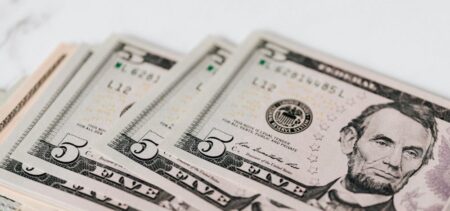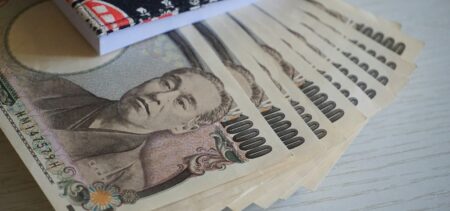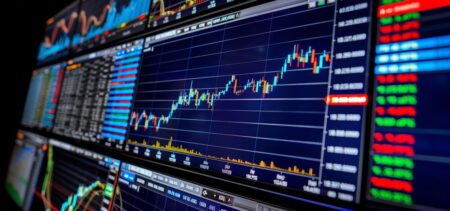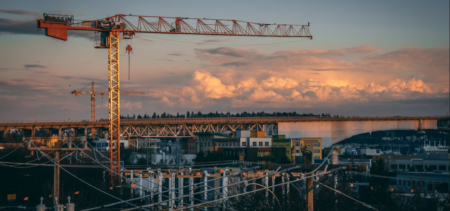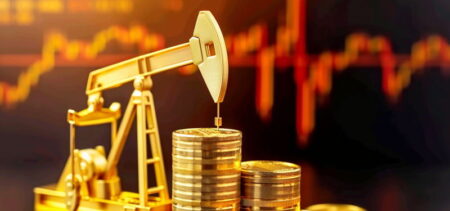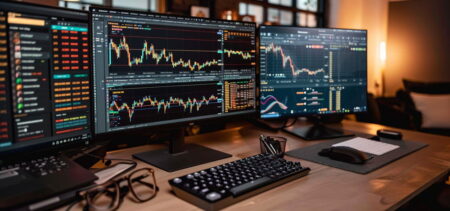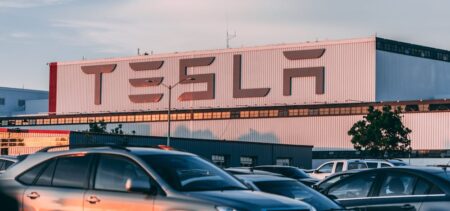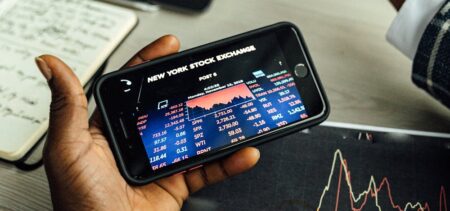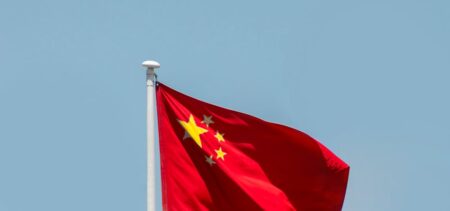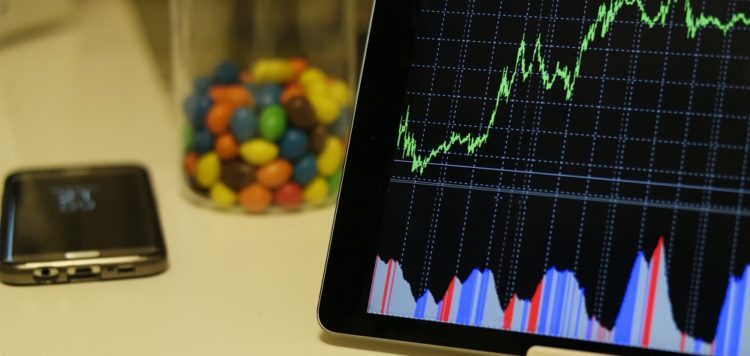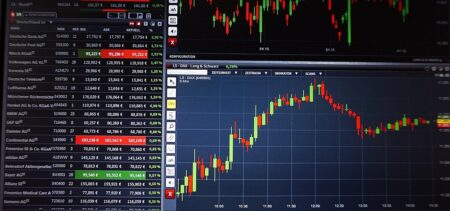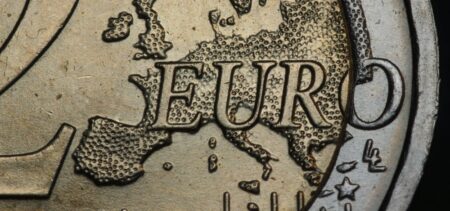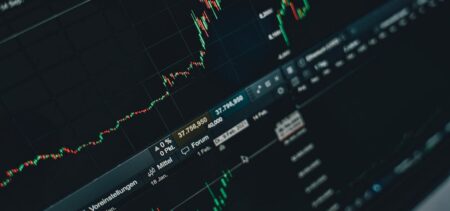After more than two and a half years of dealing with a pandemic, economic recovery is fundamental to every government’s agenda. One of the lasting effects of the COVID-19 pandemic is undoubtedly inflation, and Russia’s war in Ukraine is complicating this issue more. According to the Chair of the Council of Economic Advisers (CEA), Cecilia Rouse, fighting inflation remains President Biden’s number one economic priority. However, mounting tensions with China could make the struggle more difficult in the near future.
China not only has one of the world’s largest economies, but it is also one of the US’s largest customers. Much like the global economy as a whole, China’s economy has been greatly impacted by the pandemic. Its GDP shrank between April and June 2022 compared to 2021. Moreover, the tensions between China and Taiwan are now on the rise, and what happens next will have important consequences for people around the world. Amid the crisis, Nancy Pelosi (speaker of the US House of Representatives) visited Taiwan in an attempt to show the US’s commitment to the self-ruled island.
Although the visit was analyzed differently by American and Chinese officials, economists are wondering what impact this action may have on China-US relations and the economic collaboration between these two countries.
Two Different Perspectives
Pelosi—second in the line of succession to the presidency after Vice President Kamala Harris—is a long-time critic of China, and she decided to visit Taiwan at a time when relations between Washington and Beijing seem to be deteriorating. This in itself could be seen by China as a subtle expression of America’s support for Taiwan’s independence. Moreover, Pelosi reaffirmed America’s ongoing support for Taiwan’s democracy and its solidarity with the people of the island when she stated that these values are now more important than ever “as the world faces a choice between autocracy and democracy.”
Indeed, Russia’s invasion of Ukraine has once again sparked debates about tyranny and self-determination. However, Russia’s war also had several economic consequences, impacting global trade and fueling already rising inflation. Fighting inflation is never easy, and it could become increasingly challenging during a geopolitical crisis like the one in Ukraine. Mounting tensions between China and the US could make matters worse—especially considering that both China and the US’s economies are still struggling to overcome the effects of the pandemic.
According to CNN, China’s Foreign Minister Wang Yi already voiced his opinion against the visit, stating that “those who play with fire will perish.” White House national security spokesperson John Kirby has a different perspective on the matter, saying that the US “is not going to be intimidated” by China’s threats.
The Economic Perspective
Economists and financial analysts around the world have an entirely different view of Pelosi’s visit to Taiwan. According to The Guardian, global financial markets reacted calmly to both the visit and China’s military activities. Experts believe that China will put on a show of strength, but that they will leave matters as is for the time being. However, some believe that China will impose a blockade upon Taiwan due to the island’s dependence on imported fuel.
While China’s actions against Taiwan could escalate soon, the current tensions between China and the US have had few economic consequences so far. Historically, the financial markets of the world overcame similar events quickly, and because the markets bounce back, it’s likely that the current situation will not buck the trend. However, China’s economy recently recorded its slowest quarterly performance in over two years—pointing to the fact that new concerns may be just over the horizon.






